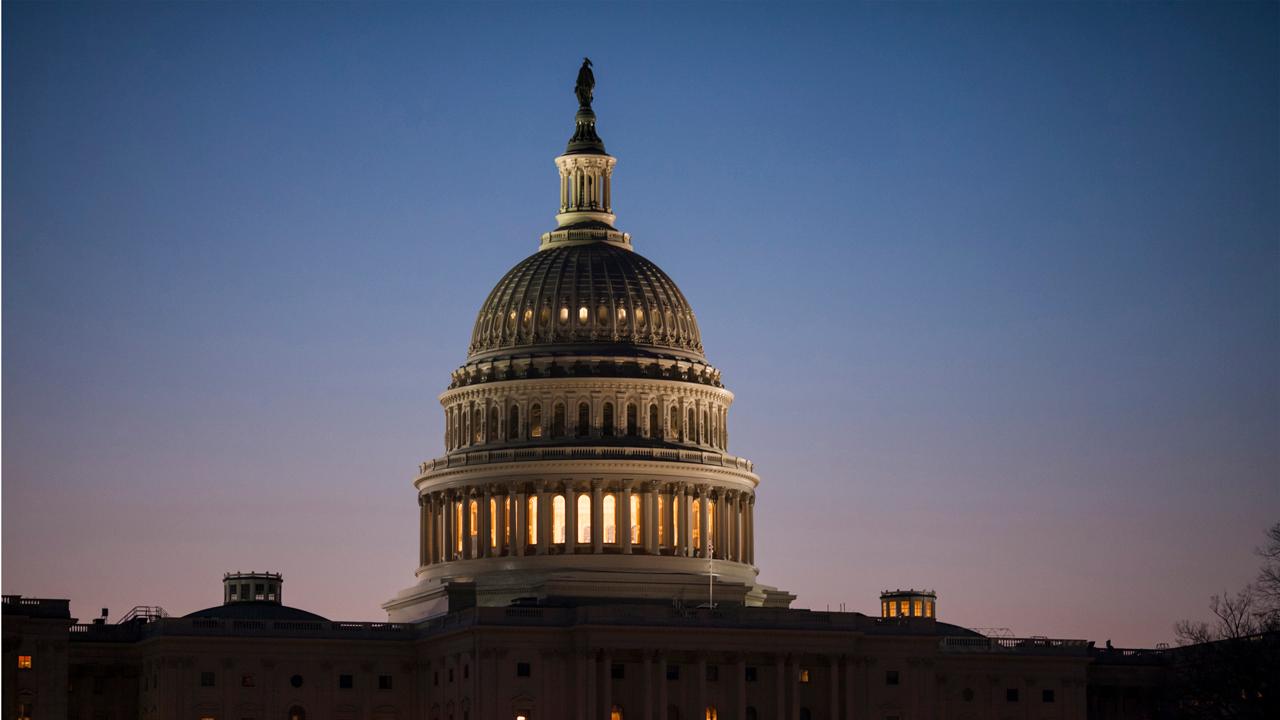Tax rate cheat sheet
President Donald Trump has pledged the “biggest tax cuts since Reagan” and is now turning to Democrats like Senate Minority Leader Charles Schumer (D-N.Y.) and House Minority Leader Rep. Nancy Pelosi (D-Calif.) to push his tax plan.
Since his campaign, President Trump has called to drastically slash the corporate tax rate, reducing it to 15% from the current 35% rate.
Corporate tax rate history
The top corporate tax rate was last cut in 1988, when it went from 40% to 34%. The federal corporate tax rate has been set at 35% since 1993. A 15% corporate tax rate would be the lowest since 1937, while the business tax rate hasn’t been below 30% since 1940.
A 15% corporate tax rate would be the lowest since 1937:
— Fox News Research (@FoxNewsResearch) April 26, 2017
1936-1937: 15%
1968-1969: 52.8% (Peak)
1993-Present: 35% https://t.co/nbZfQ62cYC
How the U.S. ranks
The U.S. has the developed world's highest statutory corporate tax rate. President Trump’s proposal for a 15% corporate tax would place the U.S. among the 20 countries with the lowest corporate tax rate.
Highest Top Corporate Tax Rates:
— Fox News Research (@FoxNewsResearch) April 25, 2017
(OECD Countries)
🇺🇸USA: 35.0%
🇫🇷France: 34.4%
🇧🇪Belgium: 33.0%
🇦🇺Australia: 30.0%
🇲🇽Mexico: 30.0%
Business taxes
U.S. companies, including Apple (NASDAQ:AAPL) and Johnson & Johnson (NYSE:JNJ) have an estimated $2.6 trillion combined stockpiled offshore and businesses are projected to pay $340 billion in corporate taxes in 2018. Corporate taxes account for nearly 10% of all revenue collected by the government.
Last tax cuts
President Trump vows that Congress will pass the biggest tax cut in U.S. history. The United States last overhauled the tax code in 1986 under President Ronald Reagan; that overhaul put the top individual tax rate lower than the top corporate tax rate.
Government will lose revenue
Roughly, each percentage-point cut in the corporate tax rate lowers federal revenue by $100 billion over a decade, therefore a 20-point cut would cost the government $2 trillion over a decade, according to the congressional Joint Committee on Taxation and the Tax Foundation.
Job Creation
Workers would also benefit from a corporate rate reduction. Depending on the size of the corporate rate reduction, the Tax Foundation estimates that an additional 425,000 to 613,000 new jobs would be added, and wages would increase by between 1.9% and 3.6% over the long-term.
Information compiled from Fox News Research




















